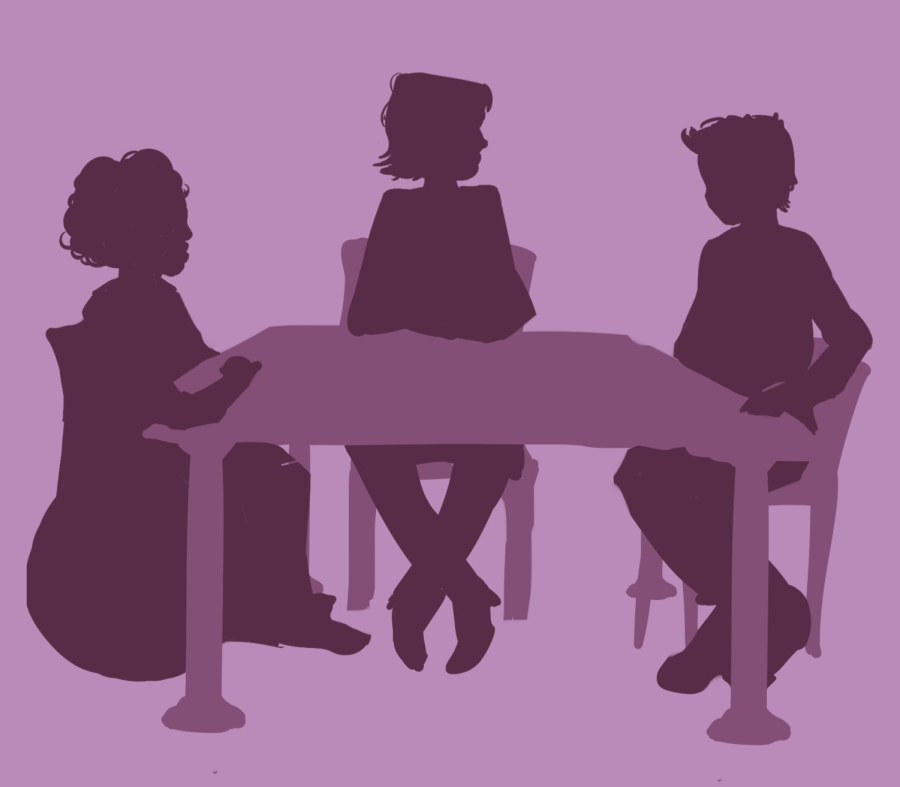UT introduces Disabled Faculty Equity Council to promote campus accessibility
November 8, 2022
The Disabled Faculty Equity Council, which formed in August 2021 and opened its membership this semester, will act as advisory to the executive vice president and provost to advocate for accessibility and equity on UT’s Campus.
The council is the newest to join three other equity councils on campus, including the Council for Racial and Ethnic Equity and Diversity, and will work with them as well as the Office of the Vice Provost for Diversity and the Office of the Senior Vice Provost for Faculty Affairs. The council formed in August 2021 after a diverse and representative group of disabled University faculty met in Spring 2021 to discuss accessibility and equity, according to the council’s website, and is led by co-chairs Stephanie Cawthon and Alison Kafer. Although it launched last year, membership was only set up this semester because of the time it takes for the college deans to approve a council.
“We really needed an advocacy space for faculty on campus – that’s how that happened,” educational psychology professor Cawthon said. “It wasn’t so much, ‘let’s start a council,’ it was, ‘there are some issues for faculty with disabilities that aren’t being addressed, what’s the best way to do it?’ An equity council was where we landed because that structure is already in place with the other equity councils.”
The council is a community of diverse faculty members with many different identities, which allows them to have insight into the concerns of a wide range of communities, assistant professor Nick Winges-Yanez said. She hopes this will not only help faculty but also impact students.
“We have lots of folks who have different identities … which is amazing,” Winges-Yanez said. “I talk with a lot of students who have a whole range of different disabilities and identities and experiences, so I think it’s really important that the students also see that faculty are here and we’re succeeding and doing these things and advocating, and hopefully making a better place for them as well.”
While the University has made strides to make diversity, equity and inclusion a cornerstone of the education and lives of students and faculty, disability has only recently been widely introduced into the space, said Christopher Moreland, an associate internal medicine professor.
“Diversity, equity and inclusion have come to the forefront of our consciousness and the community. Disability is just now joining that,” Moreland said. “I’m happy to see that happening.”












